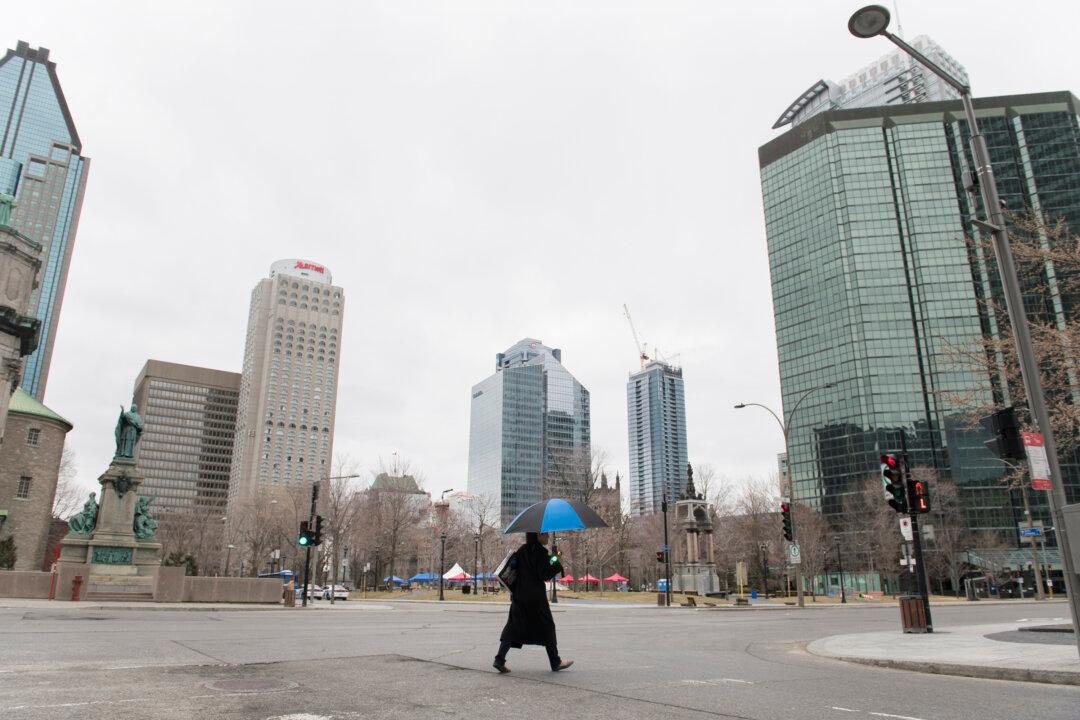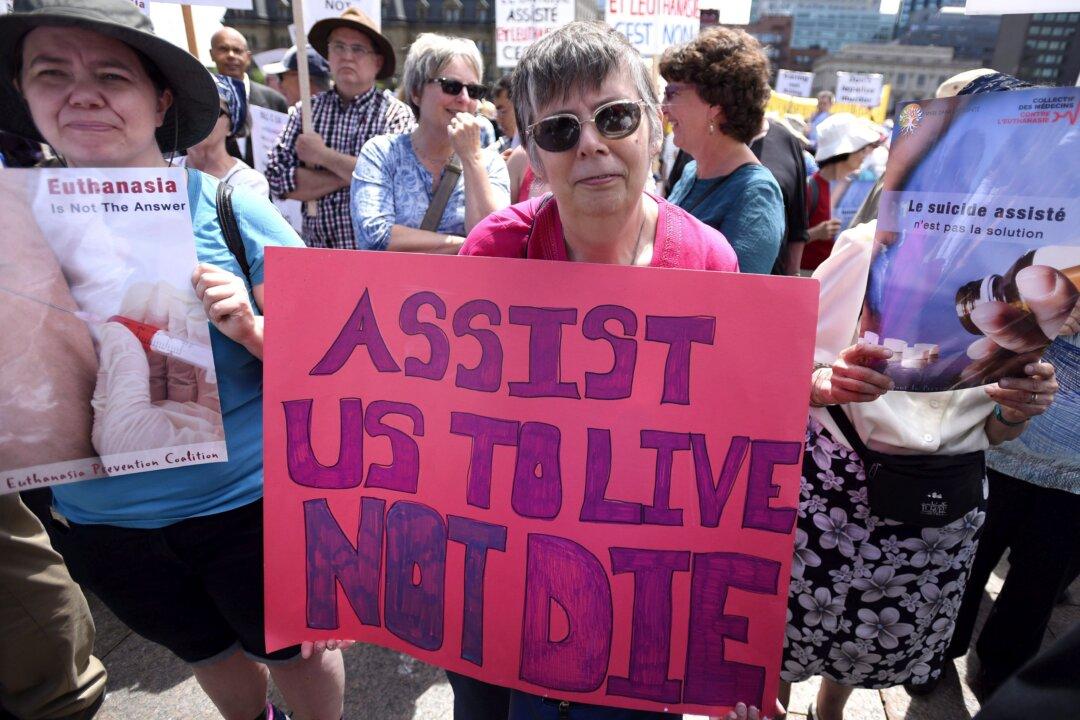Commentary
People naturally look for the easiest, quickest, and simplest solution to a problem. When suffering from headaches, most people prefer taking a pill to researching what might be causing the headaches. Taking a pill to get rid of an unpleasant symptom is not wrong. But when symptoms persist, it becomes necessary to delve deeper into the root cause.





